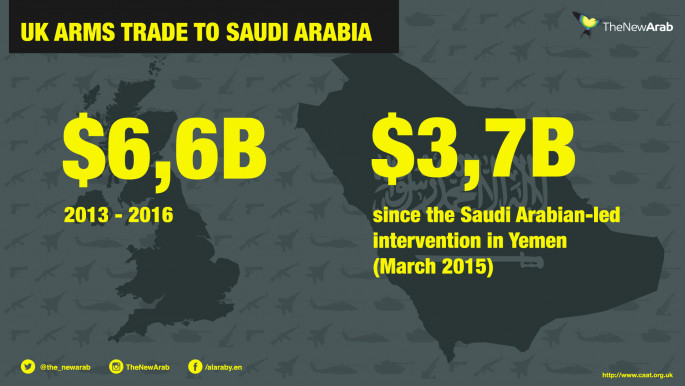Oxfam chief: 'Yemen is Syria without the cameras'
Just back from a fact-finding mission to Yemen, Mark Goldring, Oxfam GB Chief Executive said: "The scale of suffering for millions in Yemen is staggering with half the country going to bed hungry every night because of astronomical food prices. Since the beginning of the conflict, regular bombing and shelling have forced 2.8 million people from their homes, while the economy is in tatters."
The fact that the almost three million people fleeing their homes are trapped within the country’s borders and the international media is unable to get access has meant that the suffering continues under the world’s radar, according to the charity.
Describing the total lack of basic supplies, Goldring said the trip not only opened his eyes to the immense poverty but also to the fact that this is a never-ending cycle and the likelihood of an solution coming fast is non-existent.
“In Yemen, like in Syria, millions of civilians are suffering and many are too scared to travel for food for fear of attack – but what is effectively a media blackout allows western governments to quietly fuel the crisis with impunity. Yemen is much like Syria but without the cameras. We might act differently if the millions of displaced people were marching towards Europe.
Goldring said Yemen was already desperately poor before the war but since the UK, the US and others have supplied arms, directly or indirectly, to all parties to the conflict, the situation has got much, much worse.
 |
World powers need to put all their efforts into pushing for and supporting peace, not lining their pockets with arms sales -Oxfam GB chief |
 |
Directly complicit
 |
"World powers need to put all their efforts into pushing for and supporting peace, not lining their pockets with arms sales.”
Over the past 15 months, more than 6,400 people have been killed. Bombardments, landmines and shelling have destroyed schools, clinics, businesses, farms and markets with one in four companies having closed, and 70 percent of the workforce laid off.
The country’s economy is in crisis, with food prices up to 60 percent higher on average than before the conflict, pushing the basics beyond the reach of many. Three million women and children under five are suffering from malnutrition.
International banks are growing more and more reluctant to wire money in and out of Yemen, while the challenges of transporting hard currency is making it more difficult for traders to get critical food supplies into the country.
The majority of schools have closed and the health system has collapsed. However, the UN appeal for Yemen is only 25 percent funded meaning humanitarian agencies are stretched to breaking point, with not enough aid or emergency care to go around, said Oxfam.
Access for humanitarian agencies is also very challenging due to insecurity and the actions of warring parties
"It’s futile to imagine we can help people to survive without securing peace and immediately halting arms sales to all participants of the war. The UK and western powers need to put all efforts into the current peace talks," urged Goldring.
“Governments must also ensure that Yemen remains plugged into the global financial system. It’s only government intervention that will restore trade and prevent Yemen falling further into catastrophe.”





 Follow the Middle East's top stories in English at The New Arab on Google News
Follow the Middle East's top stories in English at The New Arab on Google News


